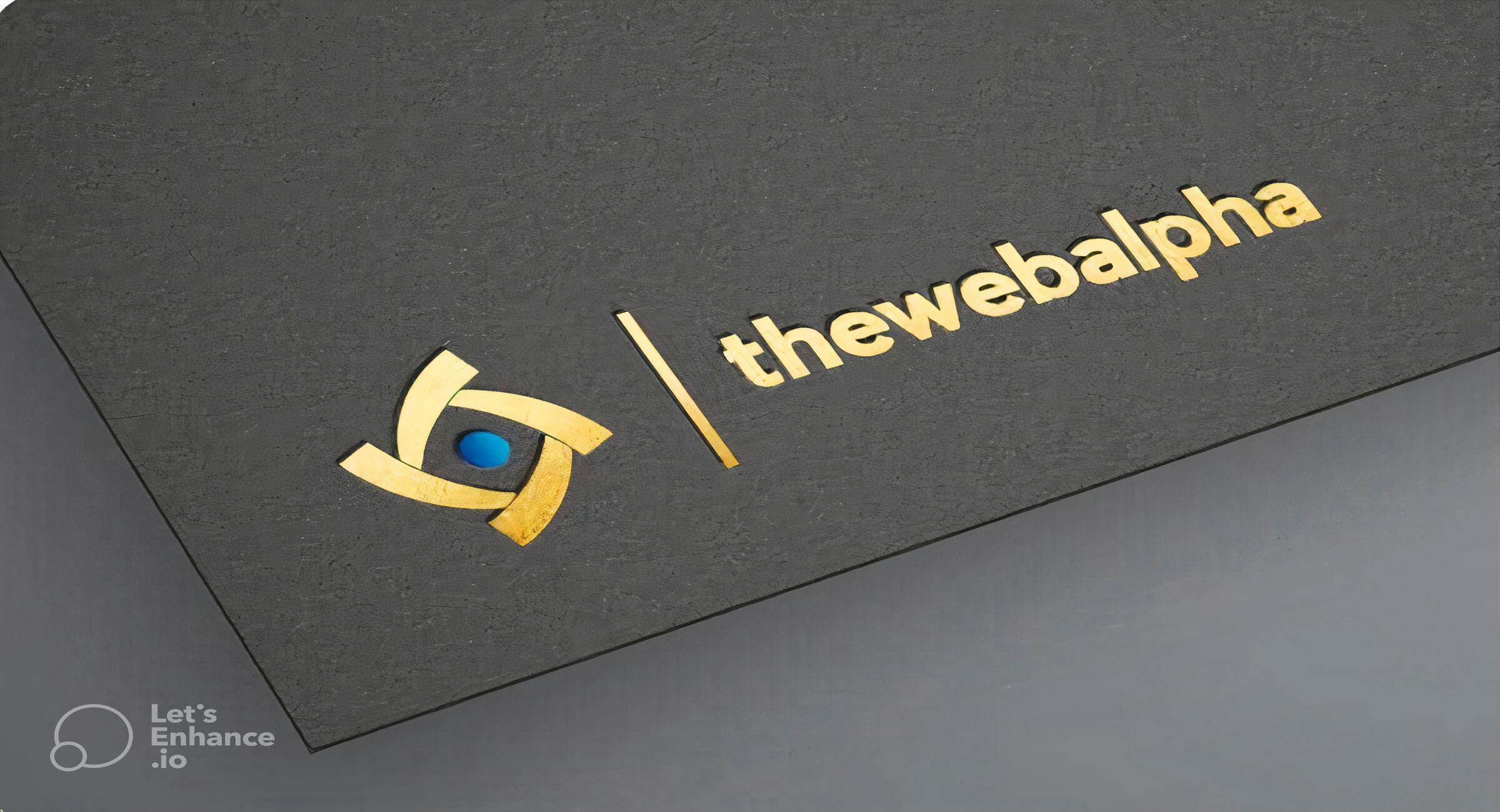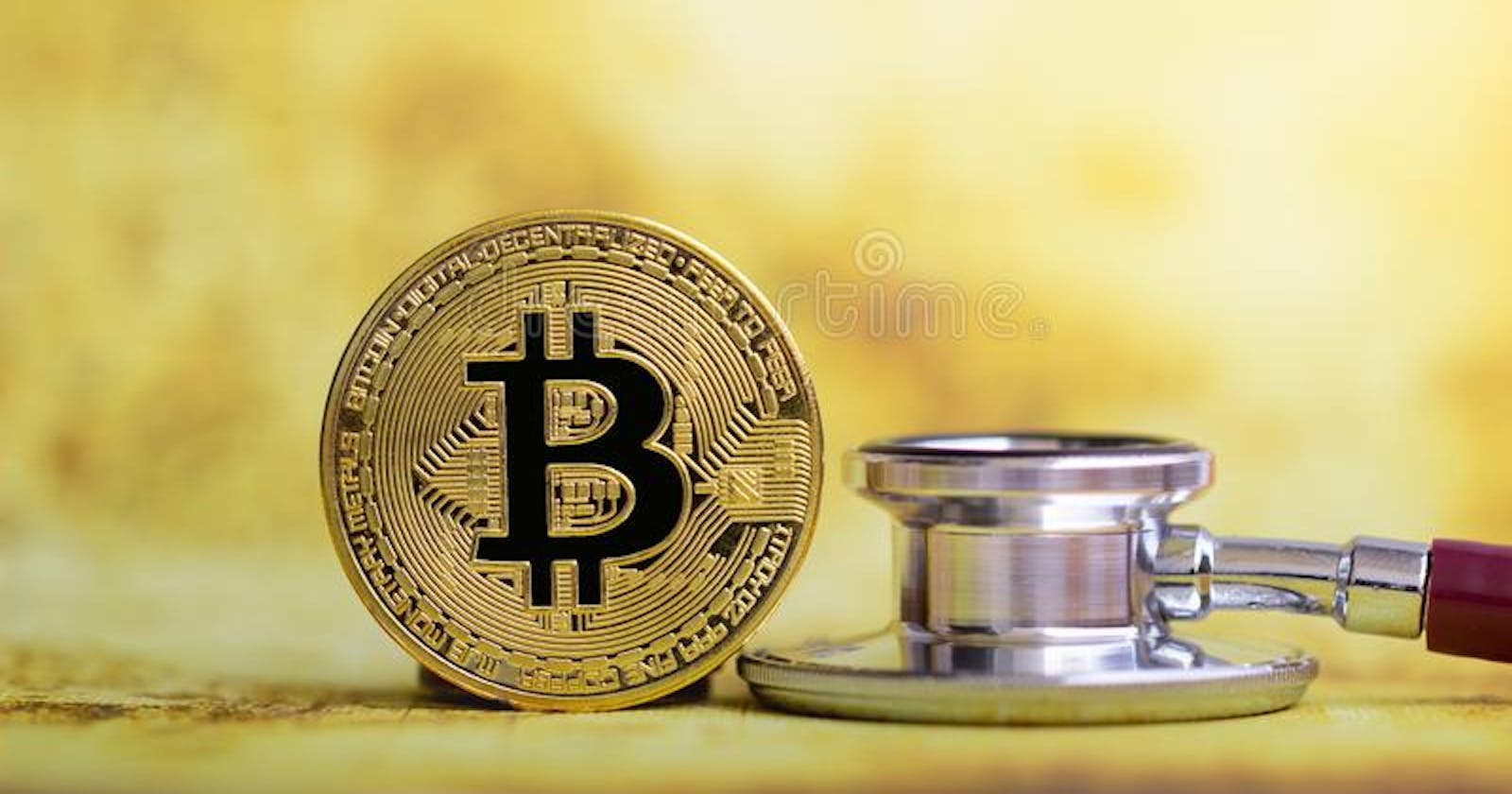Walk with me as I delve into one of the most interesting and noteworthy applications of this exceptional advancement called "The Blockchain"
Overview
Introduction
What is Blockchain?
Applications of Blockchain in Healthcare
Advantages of Blockchain in Healthcare
What are the challenges and limitations of these applications?
Conclusion
Introduction
I'm sure you must've heard the phrase "Blockchain is the future" quite often and yes, we all seem to agree with this fact. Indeed this revolutionary breakthrough called "The Blockchain" is the future but in the minds of many, the blockchain is only associated with cryptocurrency and decentralized finance. Quite a number of people have been unable to distinguish the technology itself from just one of its very many real-life applications.
The transformative impact of the blockchain in other important aspects of our lives has been overlooked by many who have failed to see and understand its potential. One of these amazing aspects is Healthcare. It is a key area where the blockchain can revolutionalize the way things are done.
In this article, I would be revealing to you a few of the exceptional utilization and innovative applications of the Blockchain in Healthcare.
First things first........
What is Blockchain?
A blockchain is a decentralized, digital ledger of transactions that are secured through the use of cryptography. It is a distributed database that allows multiple parties to record and verify transactions without the need for a central authority ( you can think of a transaction in this sense as just a simple bank transaction and the central authority as the bank itself).
Each of these transactions is recorded as a "block", which is then added to a chain of other blocks in chronological order (I think many would agree with me that this is where the name 'Blockchain' itself was coined... A chain of Blocks containing transactions... sounds cool right?)
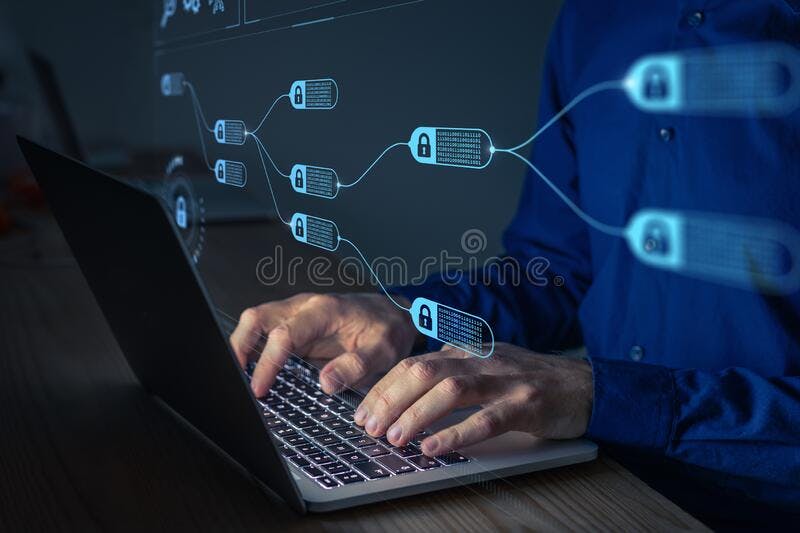
This chain of Blocks arranged in chronological order creates a permanent and unchangeable record of all transactions on the blockchain, making it a very secure and transparent way to store and transfer data and value. So to put it in simple terms, Information stored on the blockchain is difficult and impossible to change or hack.
How then can we implement this technology in our healthcare system.......?
The Applications of blockchain in Healthcare
As previously mentioned, there are many potential applications of blockchain technology, but healthcare is particularly very significant due to its importance in our daily lives. Below are a few ways how blockchain can be used to further transform the healthcare industry.
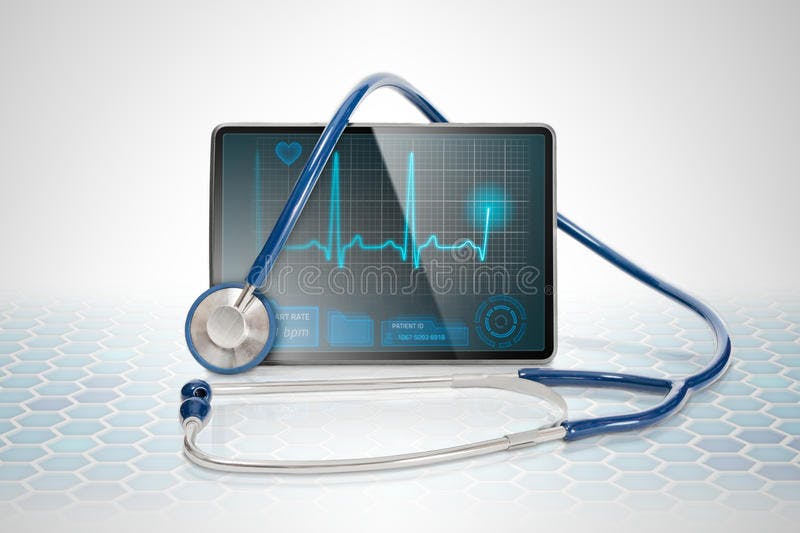
Securing, storing and sharing medical records
I think many would agree with me that one of the main challenges that healthcare industries face is the lack of a centralized system to securely store and access medical records and most times as a result, a lot of errors are made and sometimes important patients information gets lost in the myriad of several others.
The blockchain can be used to store and share medical records in a way that is secure, transparent and immutable so that healthcare providers would have real-time access to patient's complete medical records with so much ease which would help to reduce errors and also improve patient care
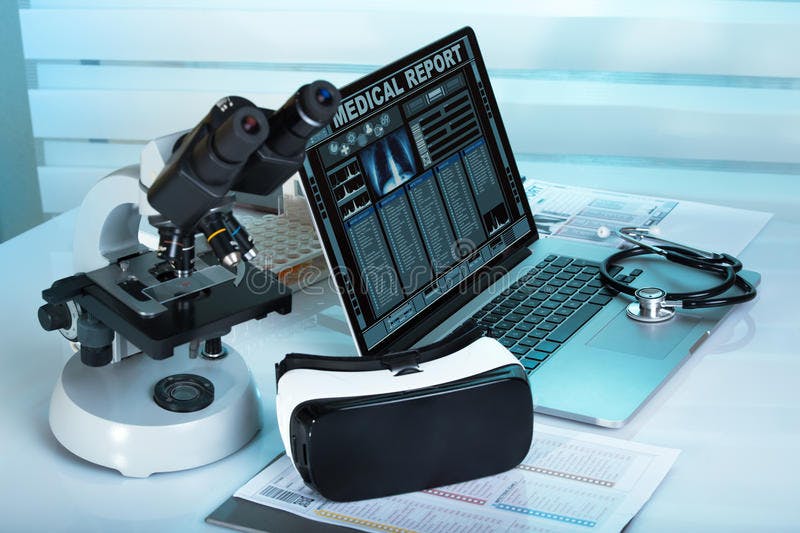
Verifying the authenticity of pharmaceuticals
Counterfeit drugs are a major problem worldwide. It is estimated that at least 10% of all drugs sold globally are fake. These fake drugs are harmful to our health and they cause further complications in our body system. Some are very deadly as they contain very harmful and extremely toxic substances.
Blockchain can be used to solve this issue by tracking and verifying the authenticity of these pharmaceuticals as they move through the supply chain. With its foolproof system, it can create a tamper-proof record of a drug's journey from the manufacturer to the patient. This innovation will be very effective in identifying fake drugs, preventing their distribution and ensuring that only genuine pharmaceutical products are in circulation.
Projects like "The MediLedger project", a consortium of pharmaceutical companies are already working on ways to implement the blockchain in pharmacy by providing a secure and transparent supply chain for pharmaceuticals. I think with time, it is safe to assume that we would no longer live in fear of consuming fake pharmaceutical products.
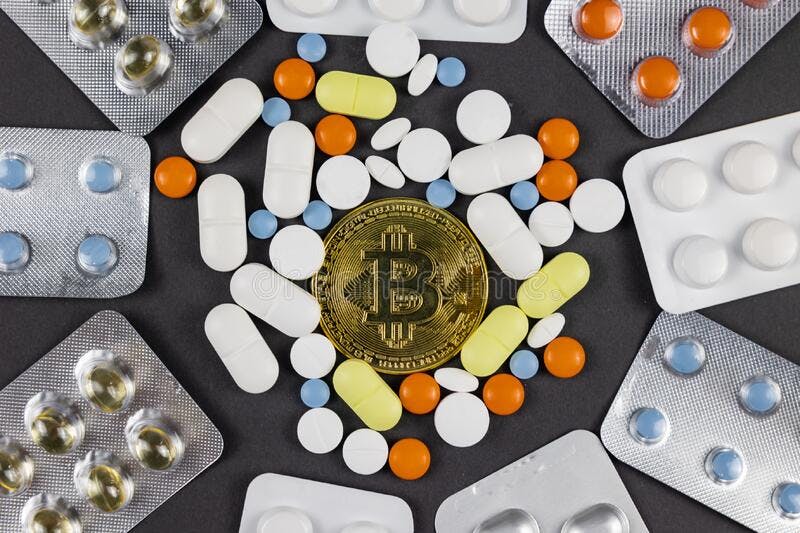
Improving the efficiency and transparency of healthcare payments
The complexity and inefficiency of payment processes in the healthcare sector is also a thing to look at. This discrepancy has resulted in fraud, errors and delays in payment processes.
However, the blockchain can be used to automate payment processes and also streamline them making it possible to reduce errors and fraudulent transactions. It can also improve the transparency of payment processes, making it easier for healthcare providers to get paid for their services and also for patients to understand and track their healthcare expenses.
Initiatives are already in place and companies like Change Healthcare are already working on a blockchain-based platform that aims to streamline and automate payment processes for healthcare claims
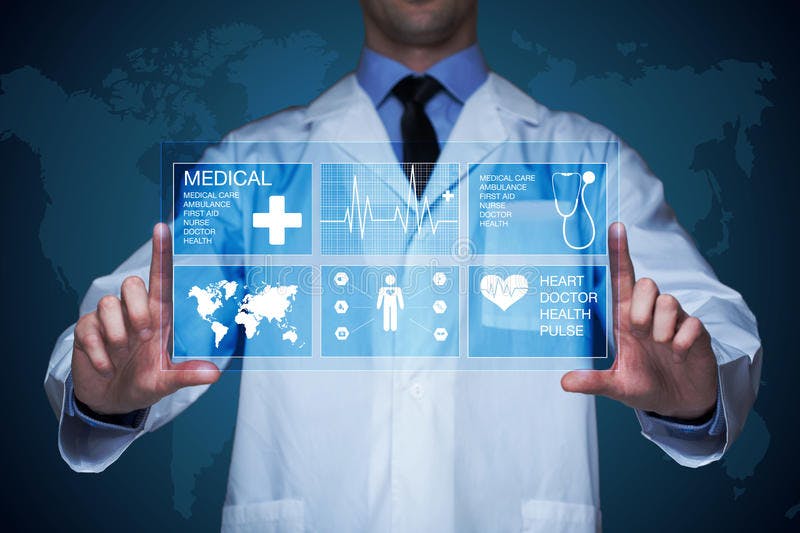
Improving the efficiency of clinical trials
Managing and analyzing the vast amount of data that are generated during clinical trials can be quite tasking. In the process, a lot of delays and errors are encountered and in the end, researchers find it very difficult to draw meaningful conclusions from the data collated.
The blockchain can be used to manage, track and secure the data collected from clinical trials. With the blockchain structure, a secure and transparent record of the data can be created making it very easy to access and analyze. This could help in streamlining clinical trial processes and potentially speed up the development of new treatments for ailments such as Cancer, HIV e.t.c A lot of initiatives are already underway and they are exploring the use of blockchain in clinical trials.

And last but not least ....
Establishing secure communication
Establishing secure communication channels between patients and healthcare providers has been a longstanding challenge in the healthcare industry. It has resulted in delays, inefficiencies and also a lack of privacy for patients.
Blockchain can be implemented to create and secure private channels for communication which will ensure that sensitive information is only shared with authorized parties. By enabling secure communication, patients can more easily share important information with their care team, which is going to increase efficiency and improve the overall effectiveness of the healthcare system.
Companies like PokitDok are already working on a blockchain-based platform that aims to facilitate secure communication between patients, providers, and payers.
What are the advantages of Blockchain in Healthcare?
Blockchain has the potential to revolutionalize the healthcare system and we are already seeing the measures being put in place to ensure that.
Below are some of the potential benefits of blockchain in healthcare:
Improved data security and privacy: By using decentralized networks and cryptography, blockchains provide a high level of security for storing and sharing sensitive medical records
Reduced errors and fraud: The immutability of the blockchain can help to create immutable records of transactions that cannot be altered or deleted thereby reducing errors and fraudulent transactions.
Improved patient outcomes: When the security and interoperability of medical data is improved using the blockchain, healthcare providers are able to make more informed decisions thereby improving the patient's well-being and quality of life.
Enhanced data integration: The use of blockchain allows for the improvement of electronic medical records interoperability by creating a standardized way to store and share data across different healthcare organizations
Improved supply chain transparency: The blockchain can be used to monitor the movement of prescription drugs from the manufacturer to the patient, which can help to improve the transparency of the supply chain and also eliminate fake drugs.
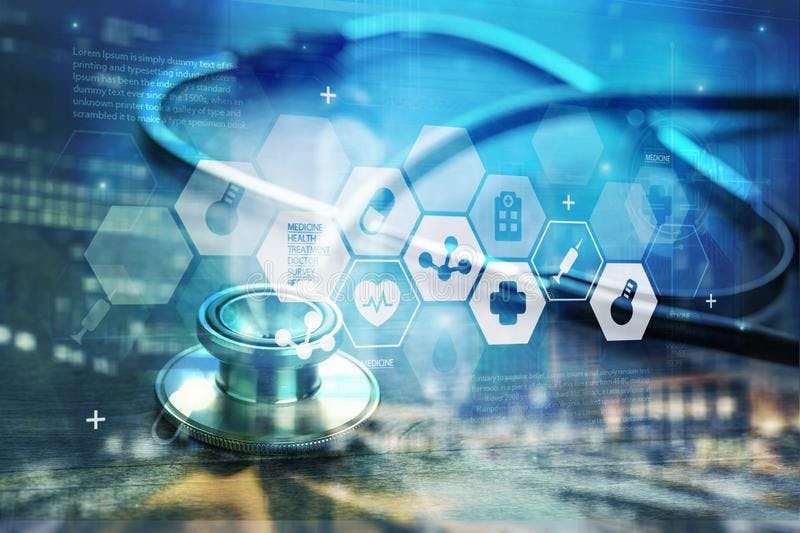
Challenges and limitations
Indeed, the extent to which blockchain can help improve our healthcare system is beyond the limit. However, there are several challenges and limitations to using blockchain technology in our healthcare system
Lack of Standardization and uniformity: Due to the lack of standardization that exists currently in the use of blockchain in healthcare, it is very difficult for systems to communicate and share data.
Limited Adoption: The adoption of blockchain technology in healthcare is relatively low. Although some healthcare organizations have already begun experimenting, it will take some time for it to become more widely accepted.
Sustainability: It can be slow and expensive to process large amounts of data using blockchain technology and this may pose a barrier to the widespread adoption in the healthcare industry
Regulatory challenges: Due to heavy regulation in the healthcare industry, the use of blockchain technology may cause regulatory and legal issues.
Complexity: Implementing blockchain solutions can be complex as it requires a significant investment of time and resources and this may also pose as a barrrier in its widespread adoption
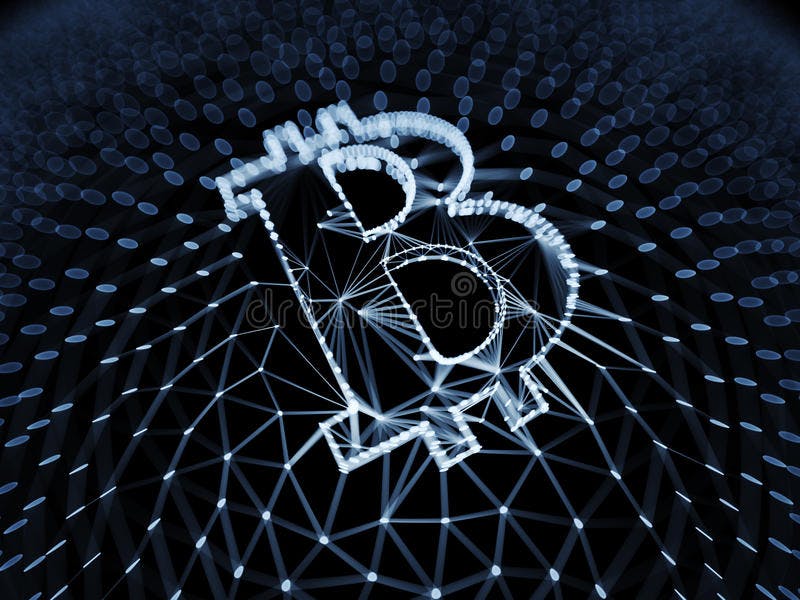
Conclusion
While there are challenges and limitations to using blockchain in healthcare like complexity, lack of standardization etc., it is safe to say that the advantages of adopting this technology outweigh these limitations. As the use of blockchain technology tends to evolve, we would likely see more adoption of blockchain technology in the healthcare industry in years to come as they would come to realize and enjoy the benefits of a more secure, transparent and efficient healthcare system
Thanks for reading. If you enjoyed reading this article, do well to give me a thumbs up, a comment and a follow. Also, feel free to follow me on Twitter
